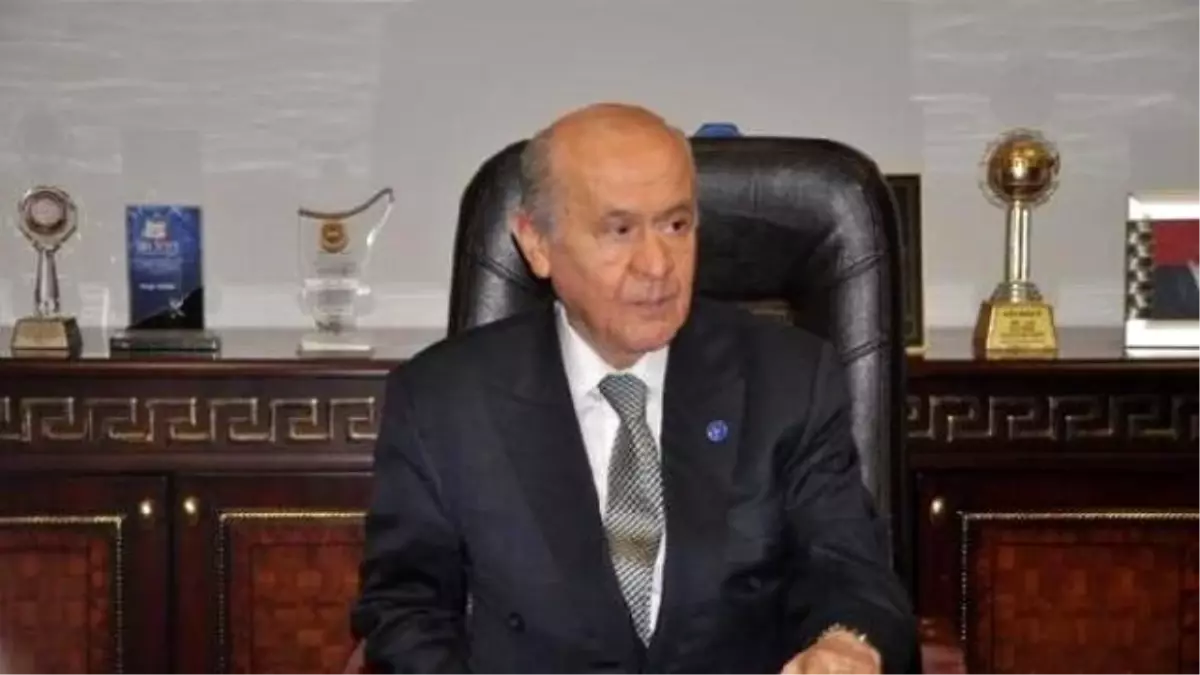MHP Suffers Defeat As Criticism Rises

Turkey's Nationalist Movement Party (MHP), which categorically rejected any coalition with the Justice and Development Party (AKP) after the June 7 elections, witnessed a dramatic fall in its vote count, especially in its strongholds, in the Nov. 1 elections. The party failed to win the vote in any of.
Turkey's Nationalist Movement Party (MHP), which categorically rejected any coalition with the Justice and Development Party (AKP) after the June 7 elections, witnessed a dramatic fall in its vote count, especially in its strongholds, in the Nov. 1 elections.
The party failed to win the vote in any of Turkey's 81 provinces, scoring just 12.2 percent of the total votes, according to initial results, way below its 16.3 percent in the June 7 polls.
Many analysts associated the party's policy with the word "no" after the party's leader, Devlet Bahçeli, was criticized for not opening the doors to any cooperation with either the AKP or the other opposition parties immediately following the June 7 elections.
Bahçeli once again said one day before the elections that his priorities for any coalition was an insistence on the unitary structure of the republic, the retrial of four former ministers who were involved in a now-shelved graft probe from 2013, forcing President Recep Tayyip Erdoğan back into a non-executive position, and a total cancelation of the Kurdish resolution process.
The dramatic loss of votes has raised oppositional voices within the party, but Bahçeli remained silent following the results despite calls for his resignation.
Still, Ruhsar Demirel, a deputy leader, accepted responsibility for the failure.
"If I cannot win a seat in my hometown, this means that I have also made mistakes," the Eskişehir deputy said in a written statement.
(Photo) - Ankara









